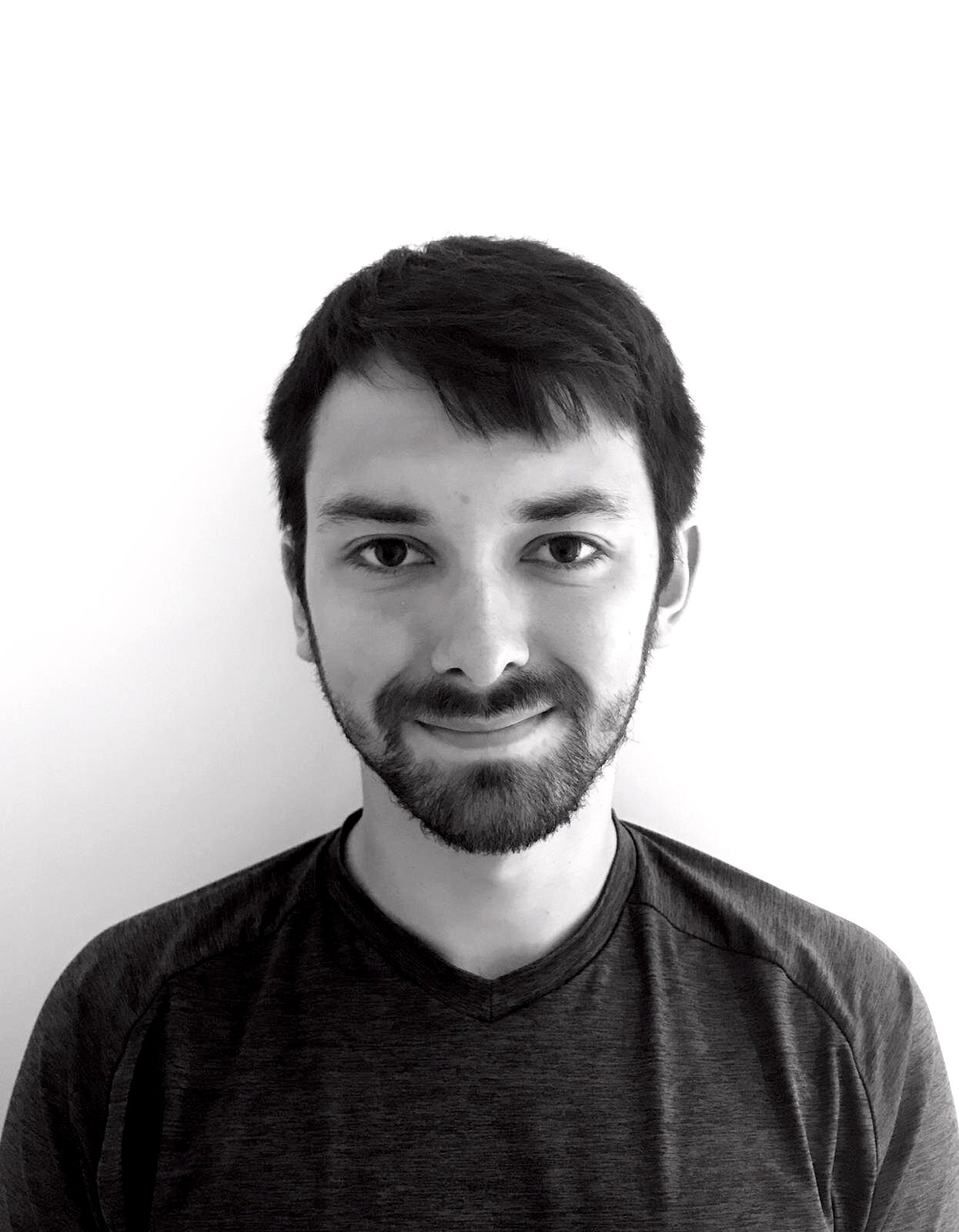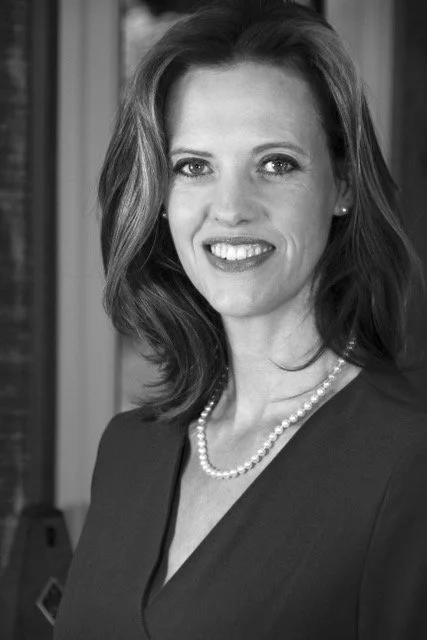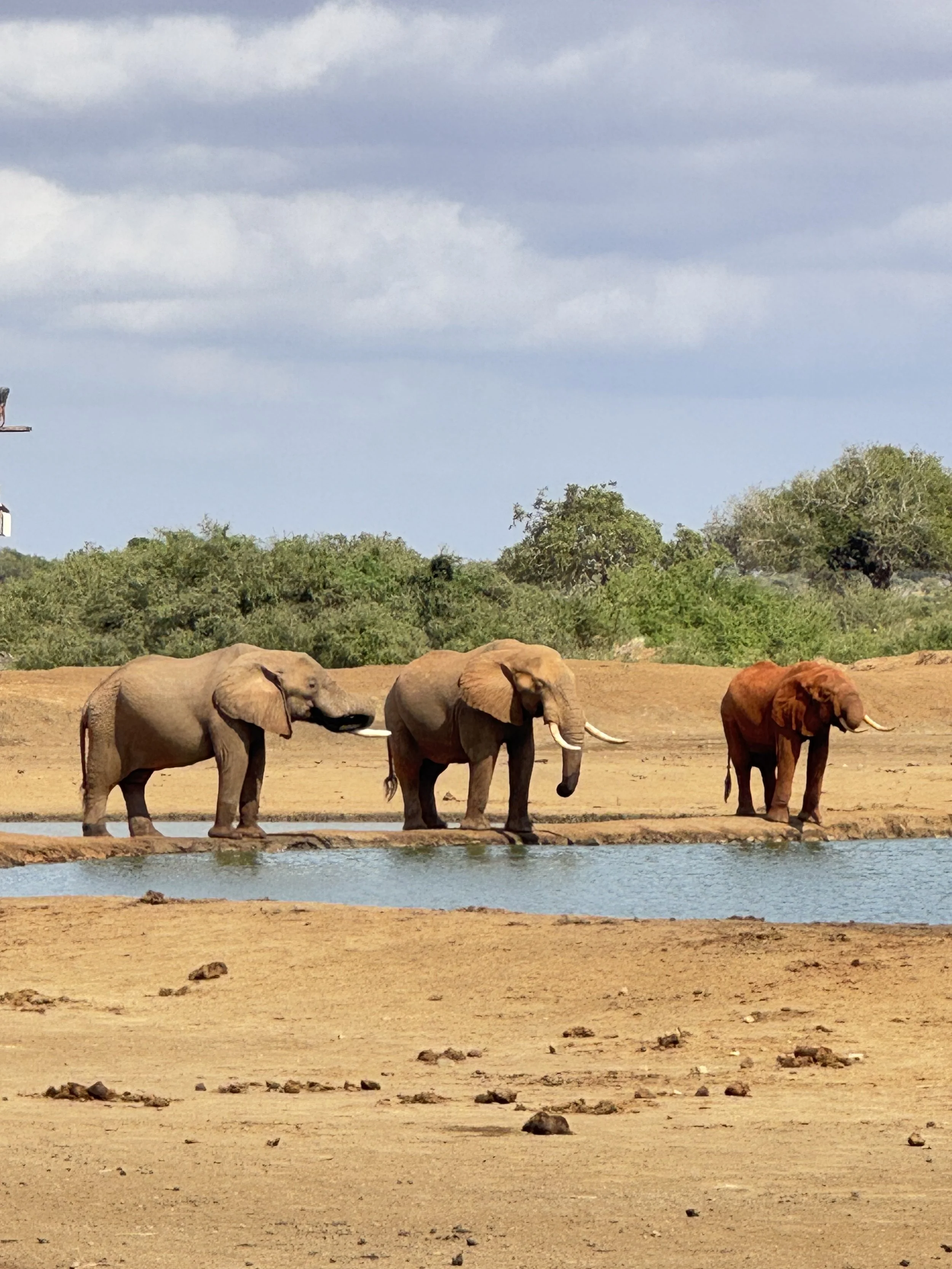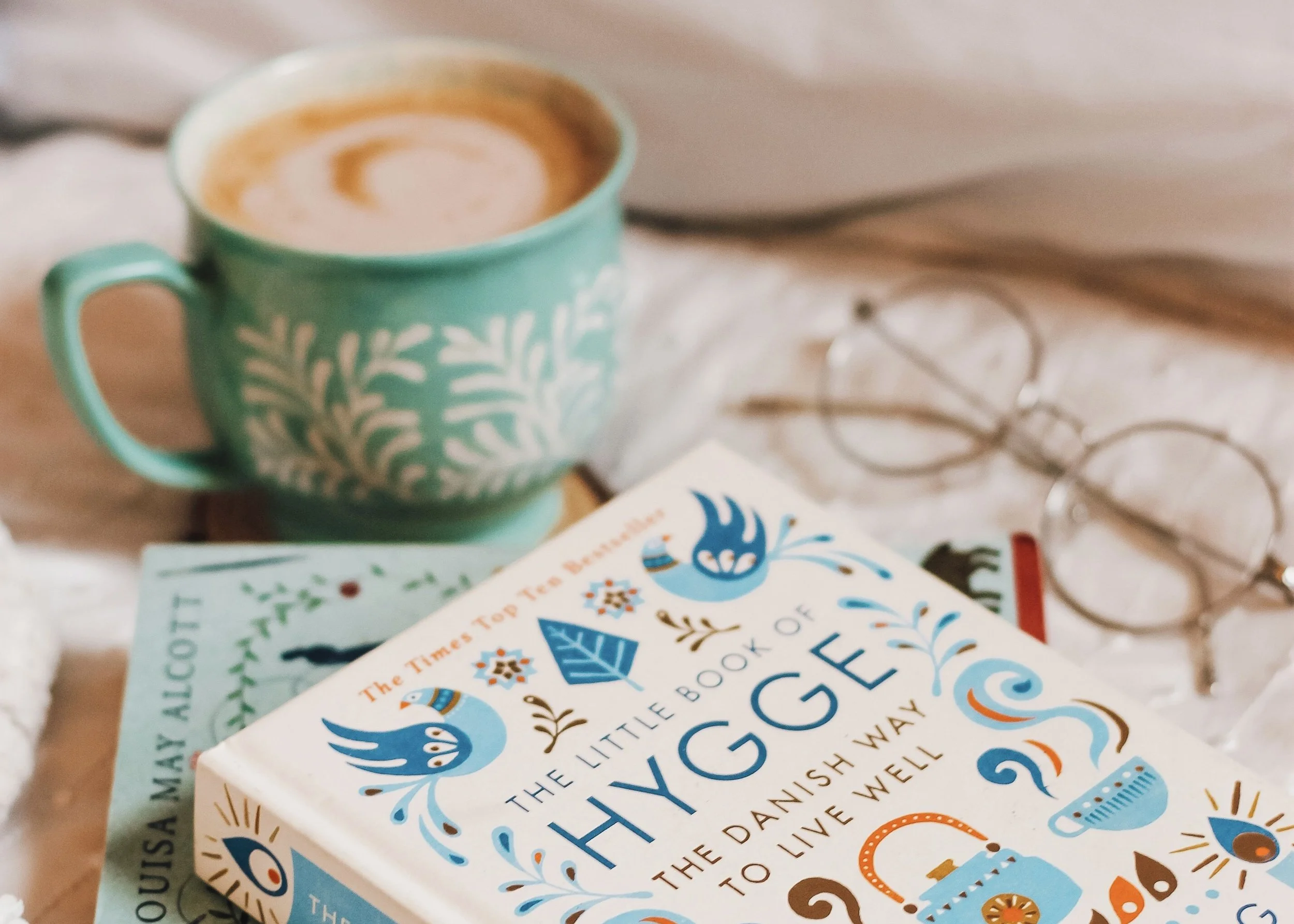The Healing Power of Community
Tomorrow I will be teaching the last class of my current Womo women’s health course, and again what has delighted me the most on this, and every course I have taught so far, is the incredible support, compassion and friendship that have come out of them.
On one course the age range spanned 5 decades, and I was concerned that the interests, motivations and needs would be too diverse to be able to teach comprehensively and for connections to be made. However, I couldn’t have been more wrong.
The younger women felt inspired by the older women, and they felt comfortable asking questions and drawing on their great wisdom and experience. And the older women were so motivated by the support and encouragement of the younger women.
It has been a truly humbling and gratifying experience to watch this fledgling Womo community unfold and grow.
It is my great passion to not only support women with their healthcare journey, but also to be the vector through which this healthcare journey becomes a collective, self-supporting endeavour.
Humans are not designed to be alone. We are happier, healthier and more productive and motivated when we are together.
Gradually our western society has eroded our time together. Once upon a time we hunted, ate, lived, sang, worshipped, walked and talked together, and we thrived as a result. Increasingly our lives are evolving to exist apart from each other, and in the past 2 years we have experienced the extremes of this and it’s consequences.
“A rising number of us are suffering from loneliness and this is not only affecting our mental health, but also our physical health. In fact, high social stress is an even bigger risk factor for dying from chronic disease than physical inactivity, alcohol intake and smoking put together!” Dr Rangan Chatterjee
However, the good news is that, post-covid we really appreciate the importance of our connections more than ever, and we can now go out and meet face to face.
Overall, women tend to be better at connections, groups and community, so I would whole-heartedly encourage more men in particular to seek out connection. It’s a shocking statistic that the biggest cause of death in men under the age of 40 is suicide.
“Being connected to family and community support and having easy access to health care can decrease suicidal thoughts and behaviours” National Alliance for Suicide Prevention
Research has repeatedly shown that by giving to others, joining groups, creating connections and supporting a community we can increase our own happiness as well as others.
For the women out there who are interested in coming on a healthcare journey with me and meeting other like-minded, health curious women, come and join the next Womo course in September. Details here: www.the-sop.com/womo
For the men out there, take your buddy out for a pint, dog walk or a coffee, or see if a men’s group meet in your area.
Have a wonderful summer and enjoy some meaningful social connection time!
Emma Wightman
Osteopath































